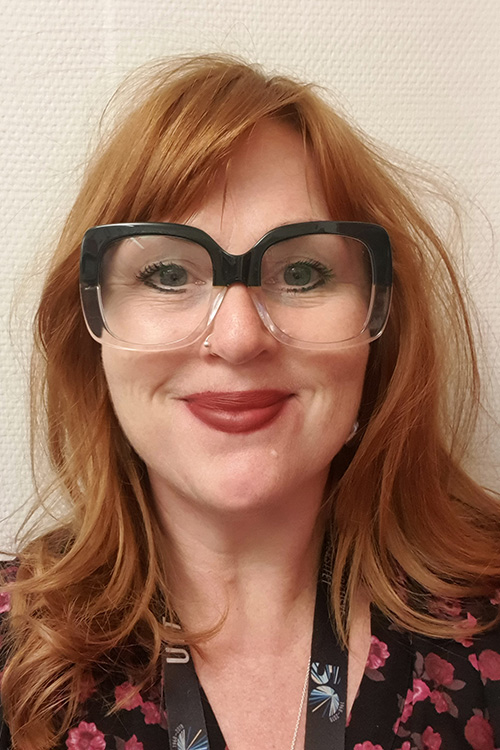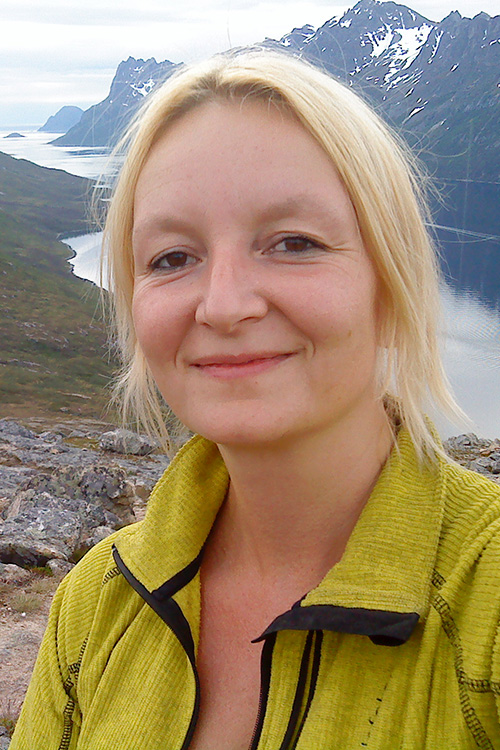Being killed by anticipatory pressure
Refugee women who come to Norway for family reunification often experience a cross pressure of expectations from both their families and the Norwegian public services.
By Rita Sørly, associate professor at the Department of Child Welfare and Social Work, UiT The Arctic University of Norway and Vår Mathisen, associate professor at the Department of Health and Care Sciences, UiT The Arctic University of Norway
Imagine having to flee to a foreign country after experiencing a lot of pain both before, during and after the flight. You have trauma, and you've lost family members along the way. Perhaps it has been several years since you last saw your partner, with whom you will now live. In this scenario, you are supposed to create a new life for yourself and find work in a foreign country.
The Norwegian Healthcare Investigation Board (UKOM) delivered its report one year after the Fagereng tragedy in Tromsø. The conclusion was clear: there is a risk that our system will not be able to capture newly arrived refugees with special psychosocial burdens and with a need for health care. We know that the consequences were fatal for the family in Tromsø, but they were also serious for the local community and for society at large.

The Introduction Programme for refugees
Women who come to Norway for family reunification are often ignored as a group. Expectations are made that their partners will integrate them into Norwegian culture and society. There is also an expectation from society that they will participate in the Introduction Programme for refugees as soon as possible, and then go out into the Norwegian working life or pursue an education. Through precisely this program, everyone between the ages of 18 and 55 are required to learn Norwegian and develop an understanding of Norwegian society. Preferably within three years.
Many of these women are mothers of young children who are concerned that their children should have a good and safe everyday life in their new country. The expectations from Norwegian society do not take into account the challenges that refugee women may have. Many of them have complex health challenges, and investigation into these challenges takes time. There is rarely a quick and effective treatment for what they struggle with. At the same time, these women must go through the programme at a fast pace and with little room for delays. That proves difficult for many of them.
Women we have spoken to talk about the cross-pressure between the traditional gender roles from their home countries, and expectations from the Norwegian public about going to school. Several of the women talk about the naggingly bad conscience when they are away from home. How are the children? What would the family and relatives at home say if they knew that she leaves her children every day? Has she come to Norway to not look after her children in a good way?
Scarce facilitation of individual adjustments
Women we have spoken to in our research say that they can experience that both GPs, programme advisers and teachers know what health challenges they suffer from, but due to Norwegian regulations there is no one who can facilitate individual adjustments to their participation in the Introduction programme - despite their health problems.
The women themselves say that they do not want to call in sick. Absence results in a reduction in income. They would rather have arrangements so that they can participate as much as they can, but they feel that the system does not take their needs, or the children's needs, into account.
These are also dilemmas that northern Norwegian municipalities recognize. They report discrepancies between the various systems the refugees depend on, in order to participate in the introduction programme. And who thinks about the women's home situation and everyday life?

HealthIntro - our research answer
Together with the Norwegian Labour and Welfare Administration (NAV), Harstad municipality, Senja municipality, Sør-Varanger municipality, a group of refugee women, Fafo, and NORCE, we at UiT The Arctic University of Norway have started the research project HealthIntro. It will take four years. What all of us in the project have in common is that we are concerned with how we can promote more inclusion and participation for refugees.
Our goal is to find answers to how different professional fields can work better together, so that refugees with health challenges - and women in particular - can complete the introduction programme with individual facilitation in a way that does not cause too great a strain on everyday life. In other areas of society, and for other groups with complex health challenges, we already make individual adaptations.
We already see that we are moving in complex systems where a great many elements come into play. Meeting with public services, society's expectations about participation and activities in a Norwegian everyday life, social control in refugee environments, health challenges, and limiting opportunities for action for women.
These are just some of the perspectives we will research in the municipalities in the coming years - to avoid social exclusion among refugees in northern Norwegian municipalities.
This chronicle has previously been published in the Norwegian newspapers Folkebladet and Harstad Tidende.